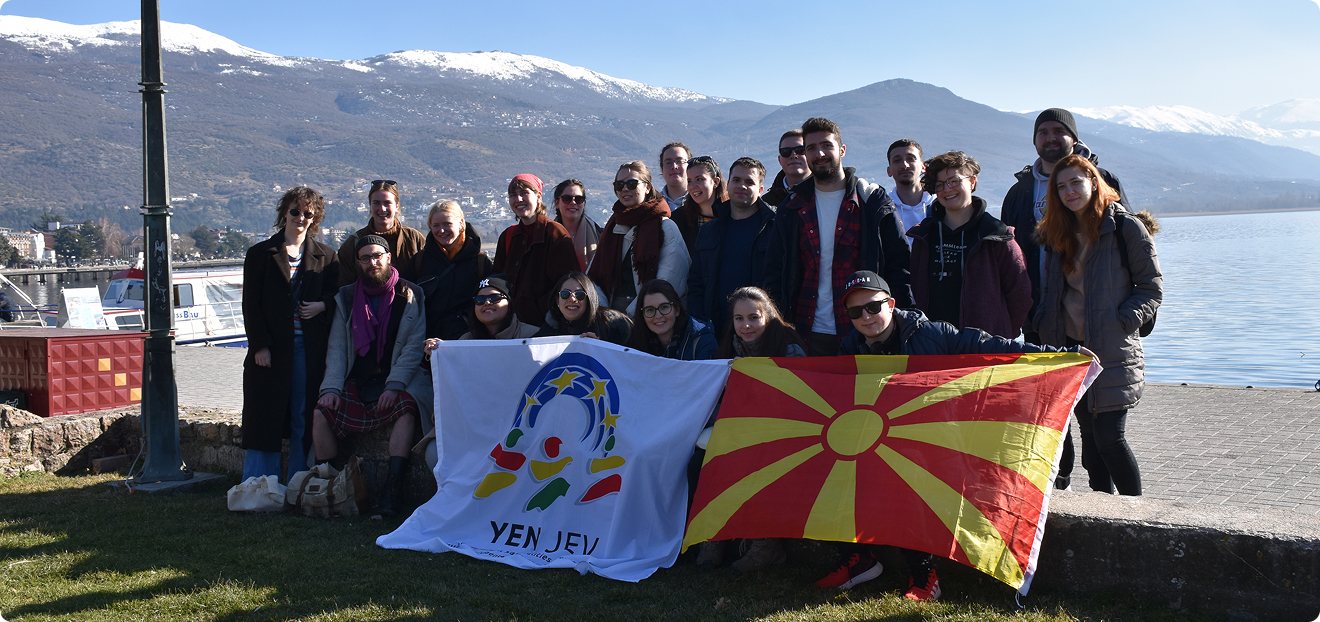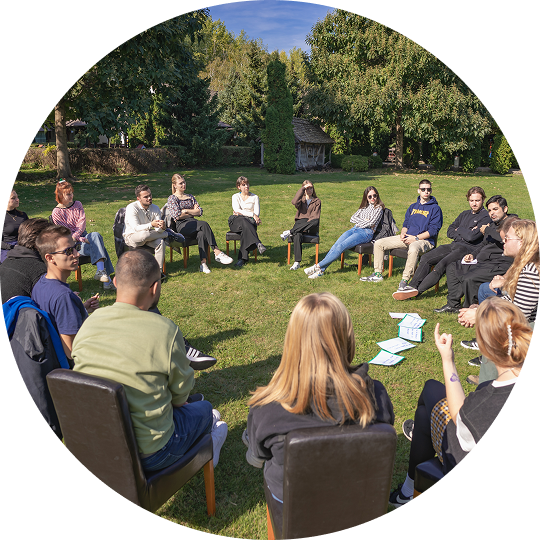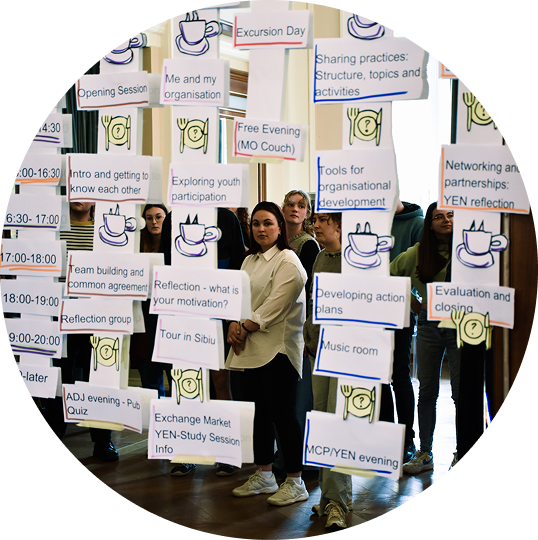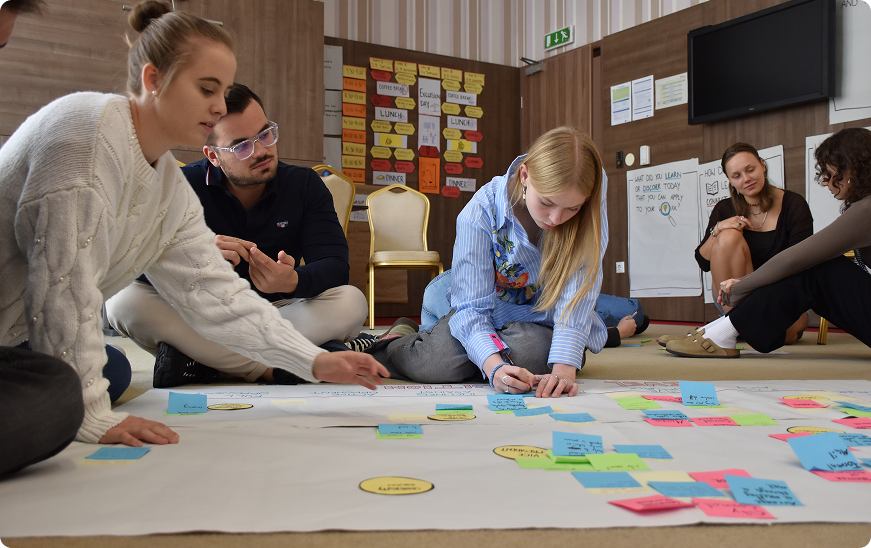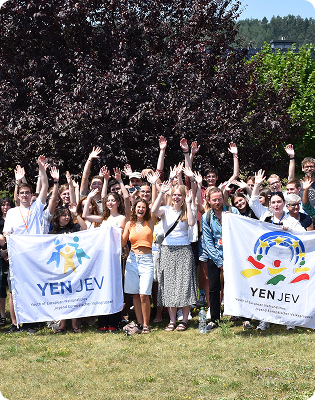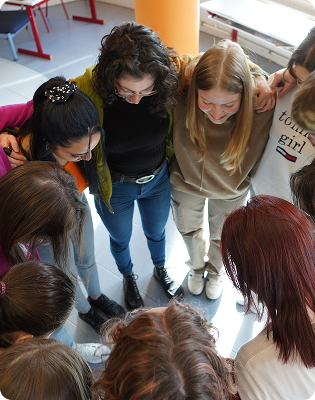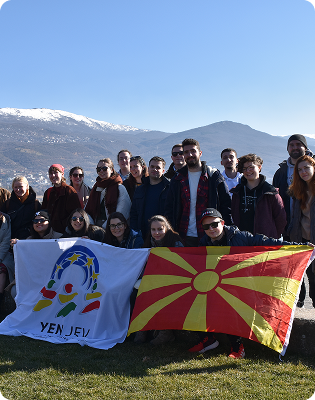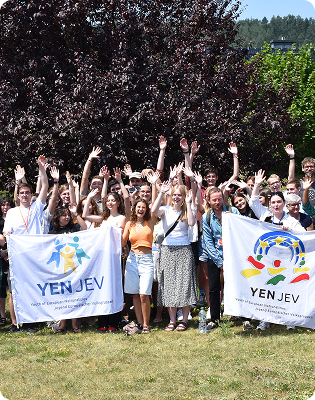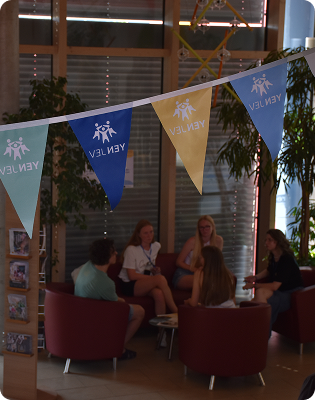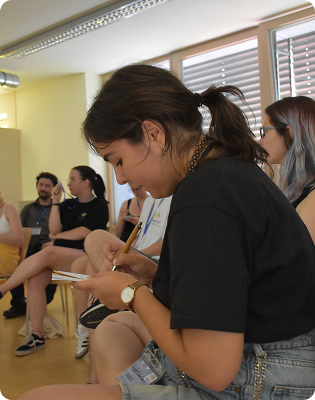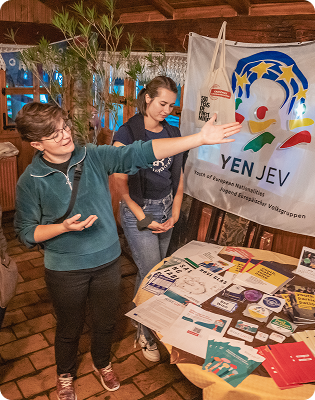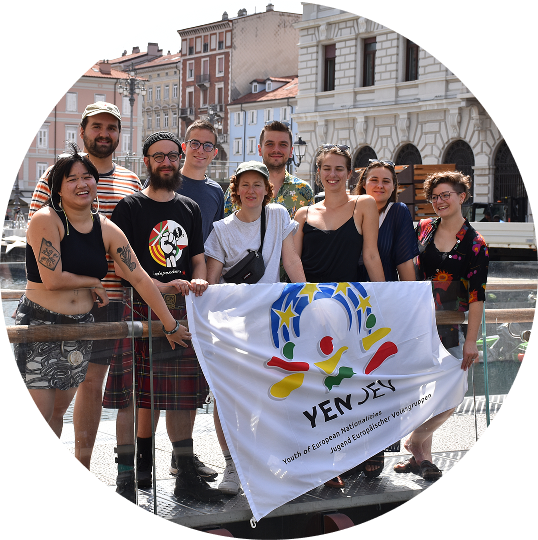Die Definition ist von Staat zu Staat unterschiedlich, einigen Minderheitengruppen wird generell die Anerkennung verweigert, so dass sie nicht als Minderheiten sichtbar sind und nur schwer identifiziert und gezählt werden können. Organisationen, die sich für Minderheitenrechte einsetzen, gehen davon aus, dass es auf dem europäischen Kontinent mehr als 400 Minderheitengruppen gibt und mehr als 100 Millionen Menschen zu autochthonen Minderheiten gehören.
Das bedeutet, dass jeder siebte Europäer einer autochthonen Minderheit angehört oder eine Regional- oder Minderheitensprache spricht. Die EU erkennt 24 Amtssprachen und über 60 autochthone Regional- oder Minderheitensprachen an.

